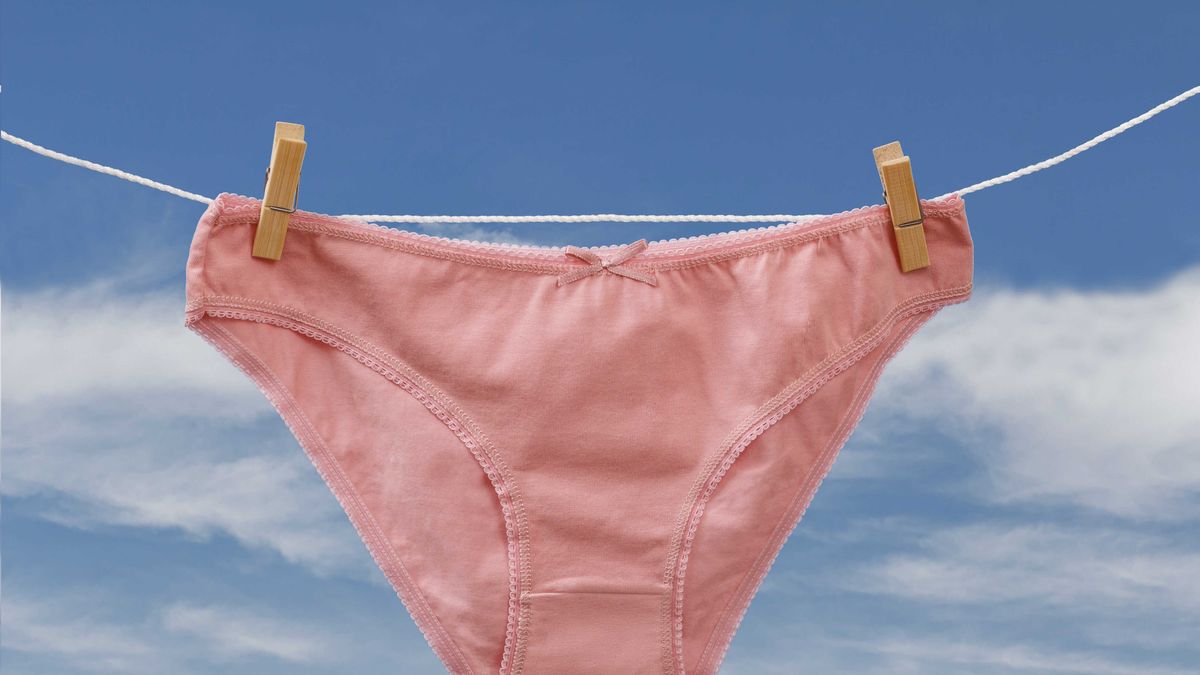Nobody wants an unpleasant vaginal odor, and when things seem to go awry, it’s understandably tempting to load up on products that promise to make your genitals smell like a rose garden. But buyer beware: Vulvar and vaginal deodorant sprays, powders, and washes are essentially perfume to camouflage odor—not eliminate it—and can cause irritation and burning. So instead of masking an odor like one of the three types below, identify what’s causing your vaginal odor and get rid of it.
Reasons for Fishy Odor
The vaginal environment, also known as the microbiome, is predominantly populated with lactobacilli—“good” bacteria that produce lactic acid, which in turn keeps vaginal pH at a healthy low level. This prevents growth of “bad” bacteria such as Gardnerella, which causes a foul, fishy odor; irritation; and discharge.
High-pH triggers that allow Gardnerella to grow include hormonal changes, menstrual blood, and douching. Intercourse is one of the most common culprits, as semen has a high pH. In the extreme, an overgrowth of Gardnerella can result in bacterial vaginosis (BV), the most common cause of abnormal vaginal discharge and odor. Trichomoniasis, a sexually transmitted infection, is also associated with a high pH, a fishy odor, and an irritating green discharge, and must be treated with antibiotics.
How to make a fishy odor go away
If the pH is off just enough to cause an odor without your having full-blown BV, a course of RepHresh, an over-the-counter pH-regulating vaginal gel, often will correct the situation. If RepHresh doesn’t solve the problem, it’s time to check in with your health care provider to see if a prescription antibiotic is needed.
Reasons for Zoo-Like Odor
If the scent reminds you of the monkey house, the most likely issue is that something got left inside you. You’d be surprised how often that happens! While forgotten tampons are the most common items gynecologists retrieve, condoms that have slipped off come in second.
How to make a zoo-like odor go away
Use a finger to probe and see if anything is there that shouldn’t be. If there is something, use two fingers to grasp and remove it. After that, a course of RepHresh will help restore order. If you can feel something but can’t get it out or you can’t find anything, a visit to the ob/gyn is in order.
Reasons for Ammonia Odor
An ammonia- like smell with “discharge” is usually not coming from the vagina. Incontinence (involuntary loss of urine) affects more than 50% of women, and many aren’t aware that they’re leaking urine.
How to make an ammonia odor go away
Pelvic floor physical therapy, weight loss, or a home device such as Attain (in which I have a financial stake) will in most cases reduce or eliminate issues from leaky bladders and bowels. While medication or surgery is never the first resort, it is sometimes an appropriate option. In the meantime, bladder leakage can be managed with Impressa, a disposable OTC bladder support, and frequent changes of pads or diapers.
I see many women who worry about vaginal odor despite having no problem, so know this: It is normal and healthy for the vagina to have a scent (and it’s not supposed to be Tahitian Garden!).
Reasons for General Odor
I see many women who worry about vaginal odor who actually have no problem, but have been conditioned by the feminine hygiene industry--or sometimes a well-meaning mother or clueless partner—to believe that all vaginas are naturally offensive and smelly even when all is well. It is normal and healthy for the vagina to have a scent. While it is commonly stated that foods, medications, or vitamins affect vaginal scent, there hasn't exactly been a lot of scientific studies that prove that to be the case. Actually, I couldn't find any scientific studies on the topic. Anecdotally, asparagus, pineapple, spicy food, onions, and coffee are all on the list of food that may alter your natural scent.
Once you have visited your gynecologist and established that nothing is wrong, there’s no need to do anything other than avoid foods that you think may have a role in causing a less than pleasant vaginal odor.
And if the issue is a clueless partner: Sometimes it’s that the partner doesn’t enjoy oral sex and is using your "bad odor or taste" as an excuse. And that’s a whole other issue!












